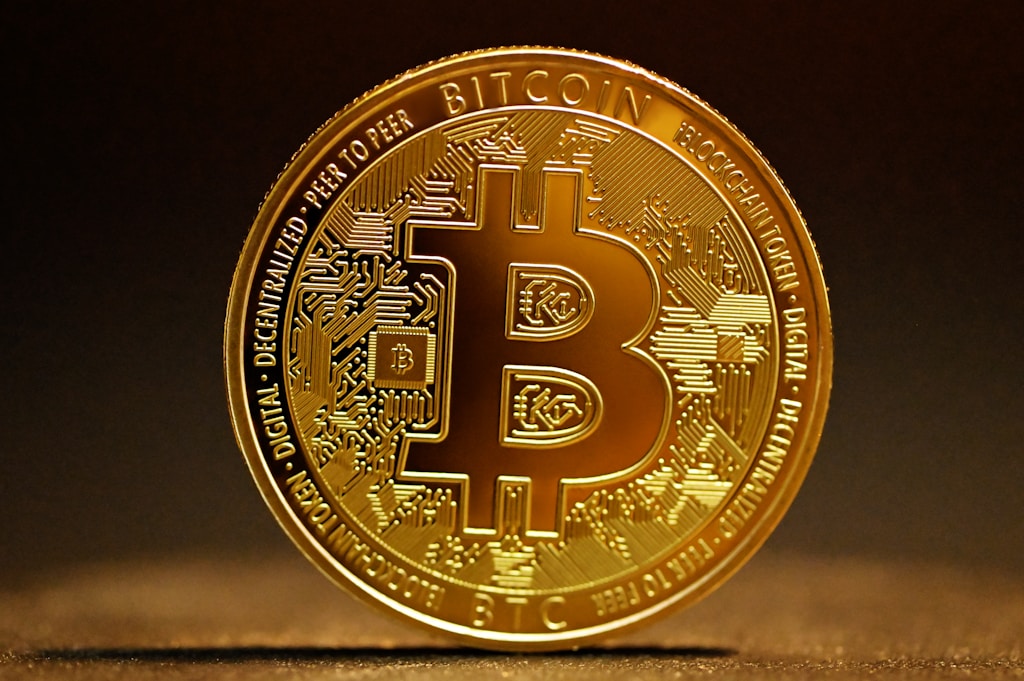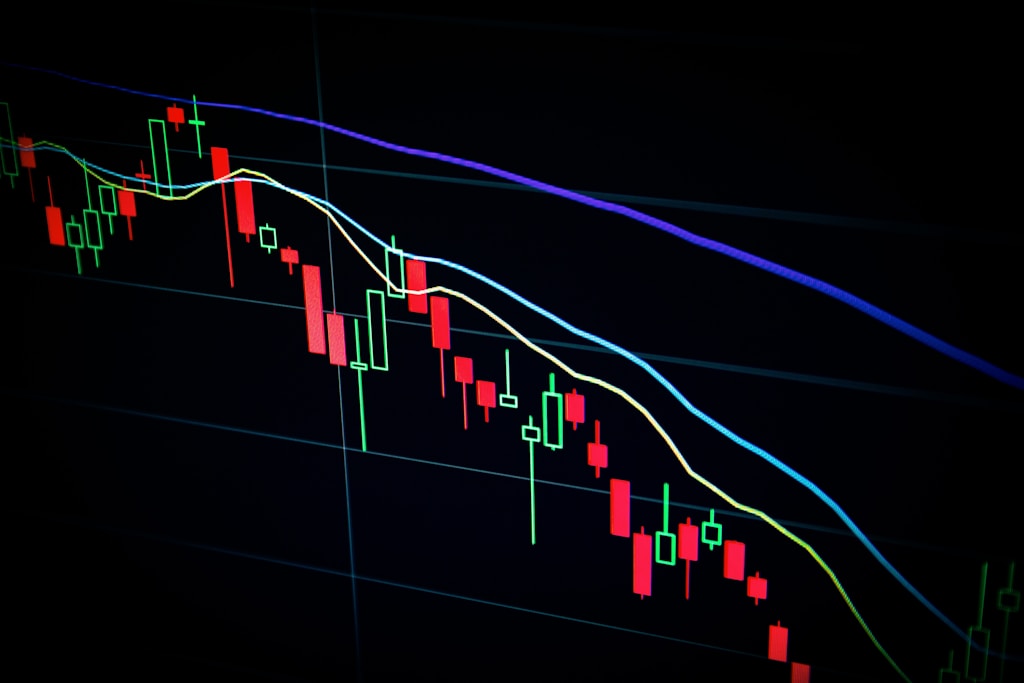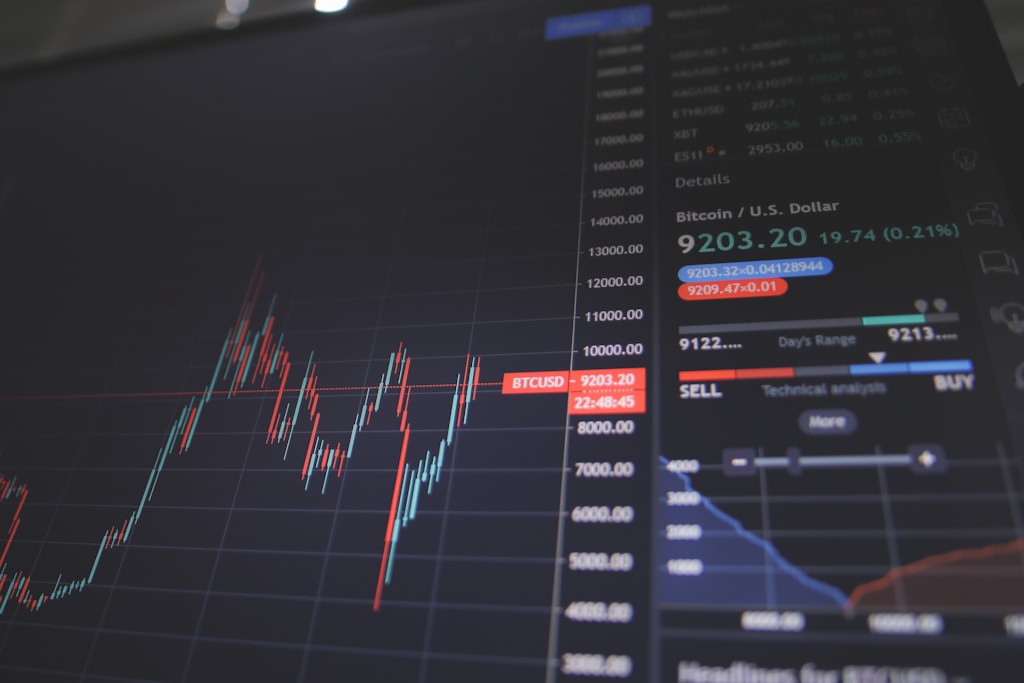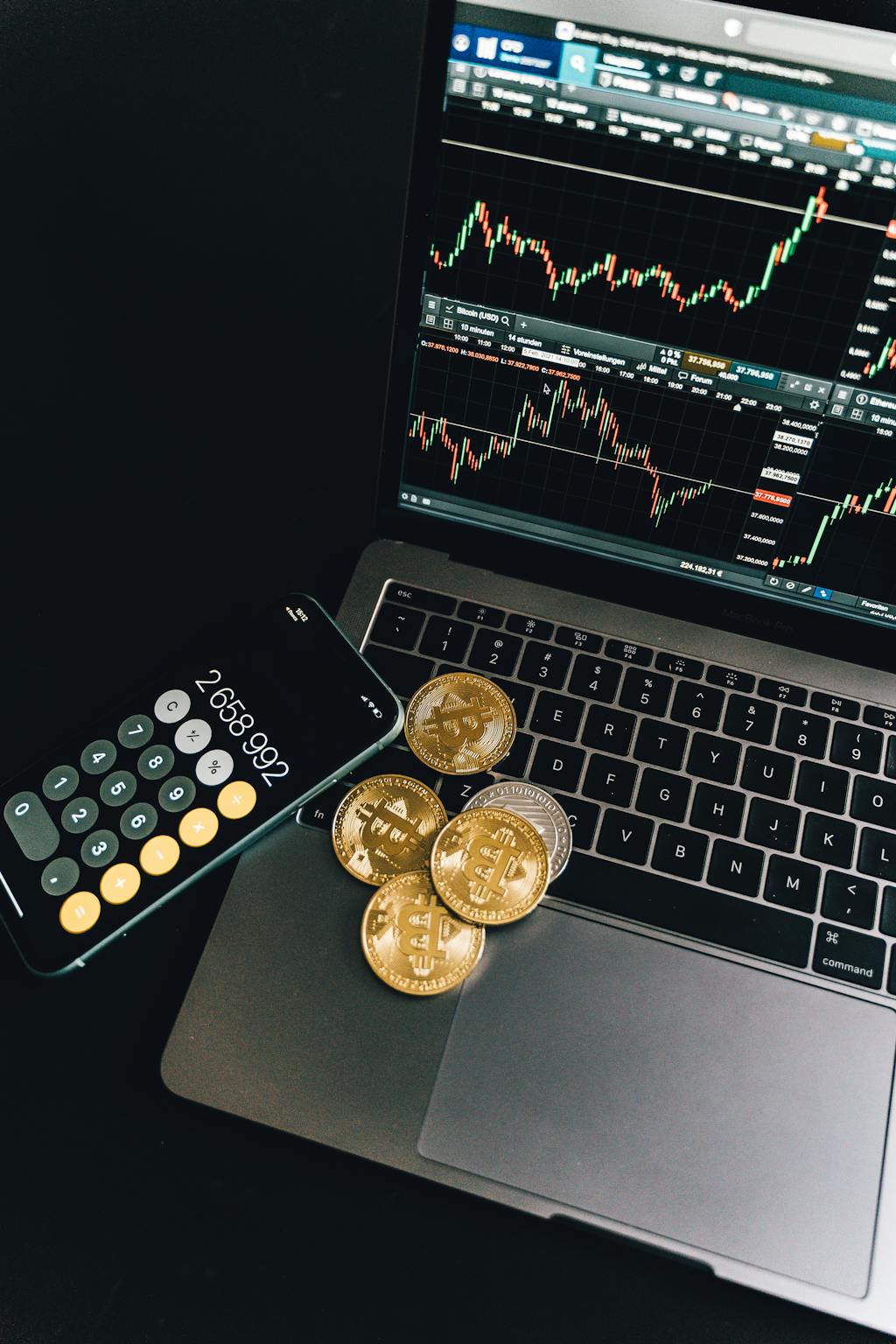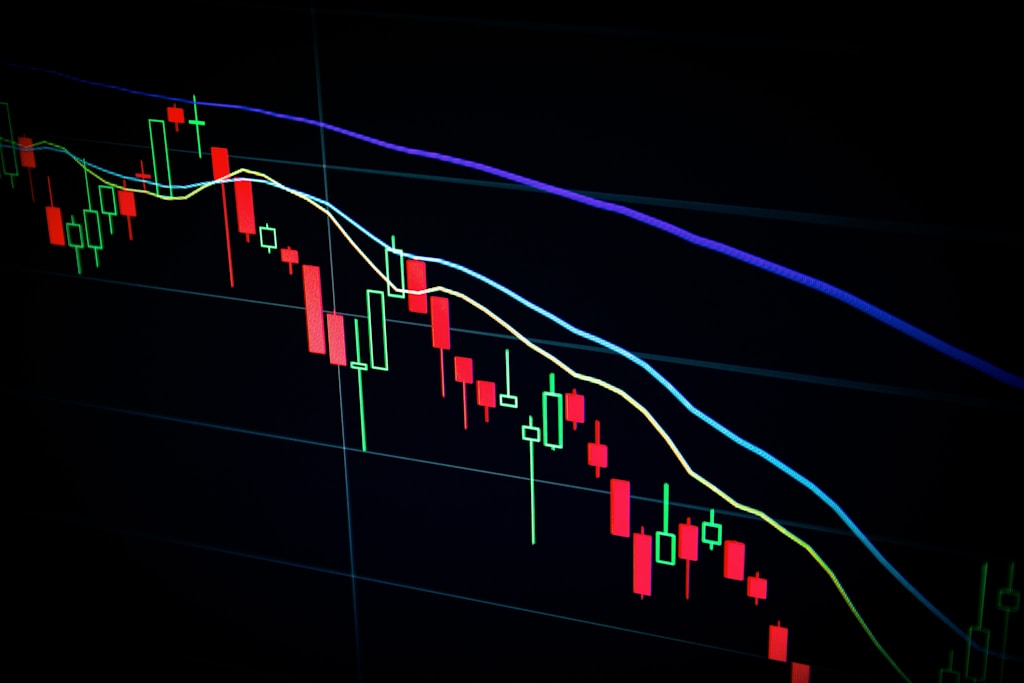Bitcoin’s mining landscape experienced a significant shift as the network difficulty reached a new milestone of 121.66 trillion, marking a 2.13% increase at block height 897,120. This technical adjustment comes amid fluctuating hashrate conditions, signaling important changes for miners and network participants.
Key Takeaways:
- Network difficulty increased by 2.13%
- New difficulty level: 121.66 trillion
- Adjustment occurred at block height 897,120
- Hashrate showing signs of decreased activity
This development follows a period of intense mining activity, as highlighted in recent reports of institutional Bitcoin accumulation, suggesting a complex relationship between mining difficulty and market dynamics.
Impact on Mining Operations
The 2.13% difficulty increase represents a significant challenge for mining operations, particularly smaller players who must now commit additional computational resources to maintain their block discovery rates. This adjustment mechanism, fundamental to Bitcoin’s design, ensures the network maintains its target block time of approximately 10 minutes.
Market Implications
The increased mining difficulty coincides with recent market developments, including Bitcoin’s price consolidation around $104,000, suggesting potential correlations between mining economics and market sentiment.
FAQ Section
What does this difficulty increase mean for miners?
Miners will need approximately 2.13% more computational power to maintain their current block discovery rates.
How does this affect Bitcoin’s energy consumption?
The network’s overall energy consumption may increase as miners deploy additional resources to compete under the new difficulty level.
Will this impact Bitcoin transaction fees?
While difficulty adjustments don’t directly affect fees, they can influence mining profitability, which may indirectly impact fee markets.
Looking Ahead
As the network continues to evolve, these difficulty adjustments serve as crucial indicators of Bitcoin’s mining ecosystem health and overall network security. Miners and investors should monitor these metrics closely for insights into future market movements and mining profitability.
